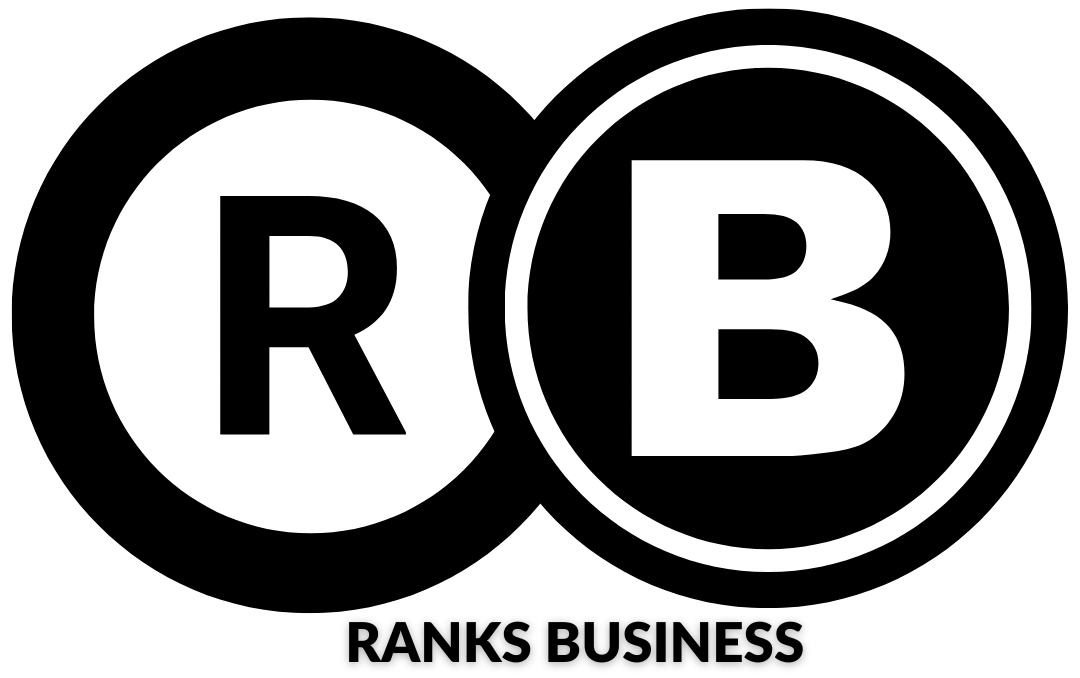Nigeria’s second fifth generation (5G) technology services provider, Mafab Communications Limited, has said its long-term plan is to roll out services across the country starting with six cities.
The operator, which won the 3.5 gigahertz (GHz) spectrum in 2021 alongside MTN Nigeria, rolled out services in Abuja and Lagos last week.
A spokesman for Adebayo Onigbanjo, a service provider that currently does business with Mcom, said in connection with the launch in Lagos over the weekend that the company has offices in six cities and will focus on data and voice communications.
“As I said, we are in six cities and the rollout is in full swing. Therefore, it is difficult to tell you the exact number of base transceiver stations (BTS), but we plan to distribute them throughout the country. I’ve been demonstrating Voice since day one, and there’s an opportunity to do Voice in Infrastructure. So there is something called national roaming that can provide subscribers with voice service from day one. “We will continue to rely on 5G infrastructure. If you look at other carriers that have launched 5G, it’s not that 5G isn’t around the country yet, it’s that they’ve installed 5G in certain areas. And we will do the same by identifying the markets we want to enter and (use) base stations in those regions and of course continue to expand as traffic grows,” Onigbanjo said.
Discussing the company’s strategy to capture market share months after the launch of Nigeria’s current MTN, Onigbanjo said the company will focus on a good end-user experience.
Therefore, we rely on the quality of our services, the types of services we offer, the partners we sell to, so that people can see the alternatives we offer. And that’s what we want people to do. Think of alternatives to what you currently have.
We are talking about data. If we talk about sound, then the sound-centric spectrum is very complex and almost impossible. Okay, okay, 5G is the first technology that I would say was created for data transmission. This gives us an opportunity when we look at the business model where we can say that there is no point in coming to Nigeria at the moment. This is the first. The skills that we have actually correspond to what we want.
This is the first one. Second, Nigeria still needs a lot of data.
Nigeria completed 5G trials in November 2019 while in December last year the country auctioned two lots of 100 megahertz (Mhz) frequencies in the 3.5Ghz Spectrum (C-Band) for commercial 5G deployment.
The two lots ranges from 3500Mhz – 3600Mhz and 3700Mhz – 3800Mhz while both companies completed full payment of the final bid amount ($273.6million) per lot before the end February 24, last year, which was the date line issued by the Commission.
Executive Vice Chairman/CEO, NCC, Prof Garba Danbatta said the goal of the Commission is that Nigeria becomes one of the leading nations with 5G technology deployed in a manner that is beneficial to all stakeholders and contributes maximally to the Digital Economy Policy of the Federal Government.
Director, Technical Standards and Network Integrity at NCC, Bako Wakil, however identified challenges facing the nation as well as the industry to include inflation and foreign exchange rate volatility, quality and adequate power supply as the world moves to go green, devices affordability and many others.
He said the inability of the between 500 and 1,000 megabytes per second (Mbps) capacity from traditional microwaves to meet the 20 gigabytes per second (Gbps)demand of 5G calls for stepping-up into the E-band spectrum.
Wakil said to fiberise the towers/base stations, the issue of Right-of-Way (RoW) must be well addressed, adding that subjecting the barrage of IoT devices to the Type Approval within a limited timeframe is another daunting challenge.
Allaying the fears of people who think 5G will disenfranchise them from the network, he said the 5G network will co-exist with its predecessor generation of wireless networks.
“In most parts of the world, the successor generation of mobile networks does not supplant the predecessor generation networks, until when it becomes very necessary to decommission the oldest generation network. While 4G is H2M interaction, 5G is M2M interaction.
He said 1ms latency is a unique feature of 5G when compared with the human brain that takes 10ms to process information. For example, he said doctors can do a CT scan remotely, users watching AR/VR based entertainment while it is good for factories using instant data to tweak production processes.
Driverless cars, he said, can avoid obstacles almost instantly with the technology.
According to Global Mobile Suppliers Association (GSA), more than 18 African countries are either evaluating/testing/trialing or deploying a 5G network as of 2021
South Africa was the first African country to launch a commercial 5G network while Kenya has completed 5G trials and launched commercial 5G last year.
MTN Uganda had demonstrated the 5G network in January 2020.

